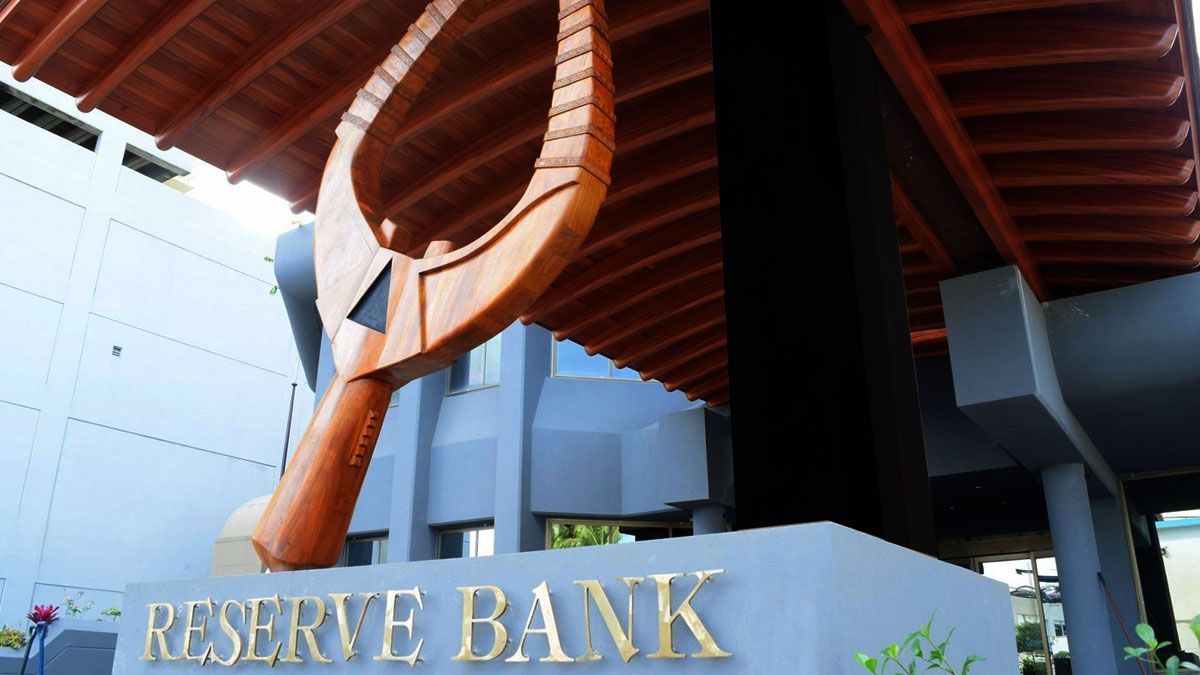
Inflation surged to 5.8 percent in November as higher prices were noted across most categories, particularly the food and nonalcoholic beverages, transport, housing and utilities, and restaurants and hotels categories.
This has been highlighted by the Reserve Bank of Fiji in their economic review for December where they say inflation continues to be driven mainly by supply side factors.
They say foreign reserves are adequate at around $3.4 billion as at 28th December, sufficient to cover 5.7 months of retained imports of goods and services.
RBF says the current global and domestic economic outlook is vulnerable to several ongoing challenges and uncertainties.
These include escalating geopolitical conflicts and its implications on commodity prices, and further softening in global demand due to lagged effects of monetary policy tightening on the international front.
RBF says on the domestic front, adverse weather conditions during Fiji’s cyclone period and its potential to raise food prices, skilled labour shortage due to emigration and capacity constraints in the tourism industry are major downside risks.
They say in consideration of current economic conditions, and the outlook for inflation and foreign reserves, the RBF Board in its last meeting on 7th December agreed to maintain the Overnight Policy Rate at 0.25 percent.
RBF says the global economic environment is weakening.
Growth in Fiji’s major trading partner advanced economies is below-trend as the lagged effects of monetary tightening and prolonged high inflation weigh on real incomes, household consumption and housing investment.
They say however, disinflation is gaining traction in some advanced economies such as the United States and Eurozone due to softening demand and positive base effects from lower international energy and food prices.
RBF says commodity prices showed mixed outcomes in November, with Brent crude oil and sugar prices falling but gold prices rising.
The Brent crude oil price fell to US$82.83 per barrel over investor concerns about sluggish fuel demand in the US and China while US oil production remained near record highs.
World market sugar prices also declined to US$26.04 cents per pound as global sugar supplies rose with higher production output in Brazil.
RBF says on the contrary, gold prices rose to record highs and settled at US$2,057.20 per fine ounce at the end of November, as geopolitical conflicts and market expectations of interest rate cuts by central banks boosted the demand for the safe haven asset.
World food prices, as measured by the FAO Food Price Index, remained unchanged in November from the previous month, as increases in the price indices for vegetable oils, dairy products and sugar offset the decline in prices of cereals and meat.
Stay tuned for the latest news on our radio stations

